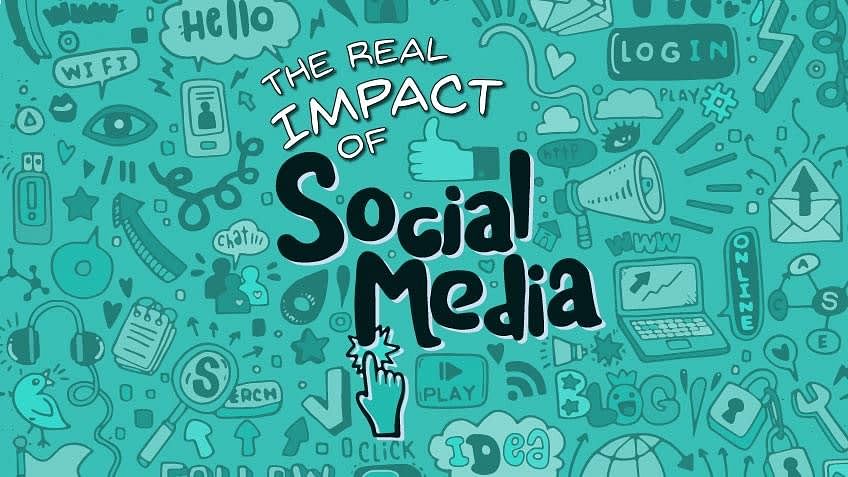Breaking the Dopamine Cycle: How Social Media Impacts Long-Term Success
In the digital age of 2024, social media has become an integral part of our daily lives. From connecting with friends and family to discovering new trends and staying updated with the latest news, platforms like Facebook, Instagram, Twitter, and TikTok have revolutionized the way we interact with the world. However, amidst the seemingly endless scroll of content lies a hidden danger – the dopamine cycle. This cycle, fueled by the addictive nature of social media, can have profound effects on our long-term success.
Social media platforms are designed to keep us engaged for as long as possible. With every like, comment, and share, our brains are flooded with dopamine – the feel-good neurotransmitter associated with pleasure and reward. This instant gratification hooks us in, leading to a cycle of constant checking and scrolling. Before we know it, hours have passed, and our productivity has plummeted. The allure of Social Media can be irresistible, but its impact on our long-term goals and success cannot be ignored.
One of the most significant ways social media impacts long-term success is through its effect on productivity. The constant distractions and interruptions from notifications can derail even the most focused individuals. Studies have shown that excessive social media use is linked to decreased productivity and poor time management skills. Instead of working towards our goals, we find ourselves mindlessly scrolling through feeds, wasting valuable time that could be better spent on productive tasks. Breaking free from this cycle is essential for achieving long-term success in both personal and professional endeavours.
Moreover, Social Media can also have a detrimental effect on our mental health, which is crucial for long-term success. The curated nature of social media feeds often leads to comparison and feelings of inadequacy. We find ourselves comparing our lives to the highlight reels of others, leading to a downward spiral of self-doubt and anxiety. Additionally, the constant exposure to negative news and cyberbullying can take a toll on our mental well-being. Protecting our mental health by setting boundaries and limiting our social media consumption is paramount for long-term success and happiness.
Furthermore, Social Media can impact our relationships, another vital aspect of long-term success. While these platforms allow us to connect with people from all over the world, they can also lead to shallow and superficial relationships. Genuine connections are replaced with likes and emojis, leaving us feeling isolated and disconnected from those around us. Investing time and energy into meaningful relationships offline is crucial for long-term success and fulfillment.
In addition to its effects on productivity, mental health, and relationships, social media can also hinder our ability to focus and concentrate. The constant stream of information bombarding our senses makes it challenging to maintain attention on a single task. This lack of focus can hinder our performance at work or school, ultimately impacting our long-term success. Learning to limit distractions and cultivate mindfulness is essential for achieving our goals and fulfilling our potential.
Despite its pitfalls, social media can also be a powerful tool for long-term success if used mindfully. By curating our feeds to include positive and inspiring content, we can harness the motivational power of these platforms to fuel our ambitions. Additionally, using social media to network and build relationships with like-minded individuals can open doors to new opportunities and career growth. The key is to strike a balance between using social media as a tool for success and avoiding its pitfalls.
In conclusion, social media has a profound impact on our long-term success in various aspects of life. From productivity and mental health to relationships and focus, the effects of excessive social media use cannot be overstated. Breaking free from the dopamine cycle requires mindfulness and intentionality in our usage. By setting boundaries, prioritizing our well-being, and using social media as a tool for growth, we can mitigate its negative effects and pave the way for long-term success in the digital age of 2024.

Post a Comment